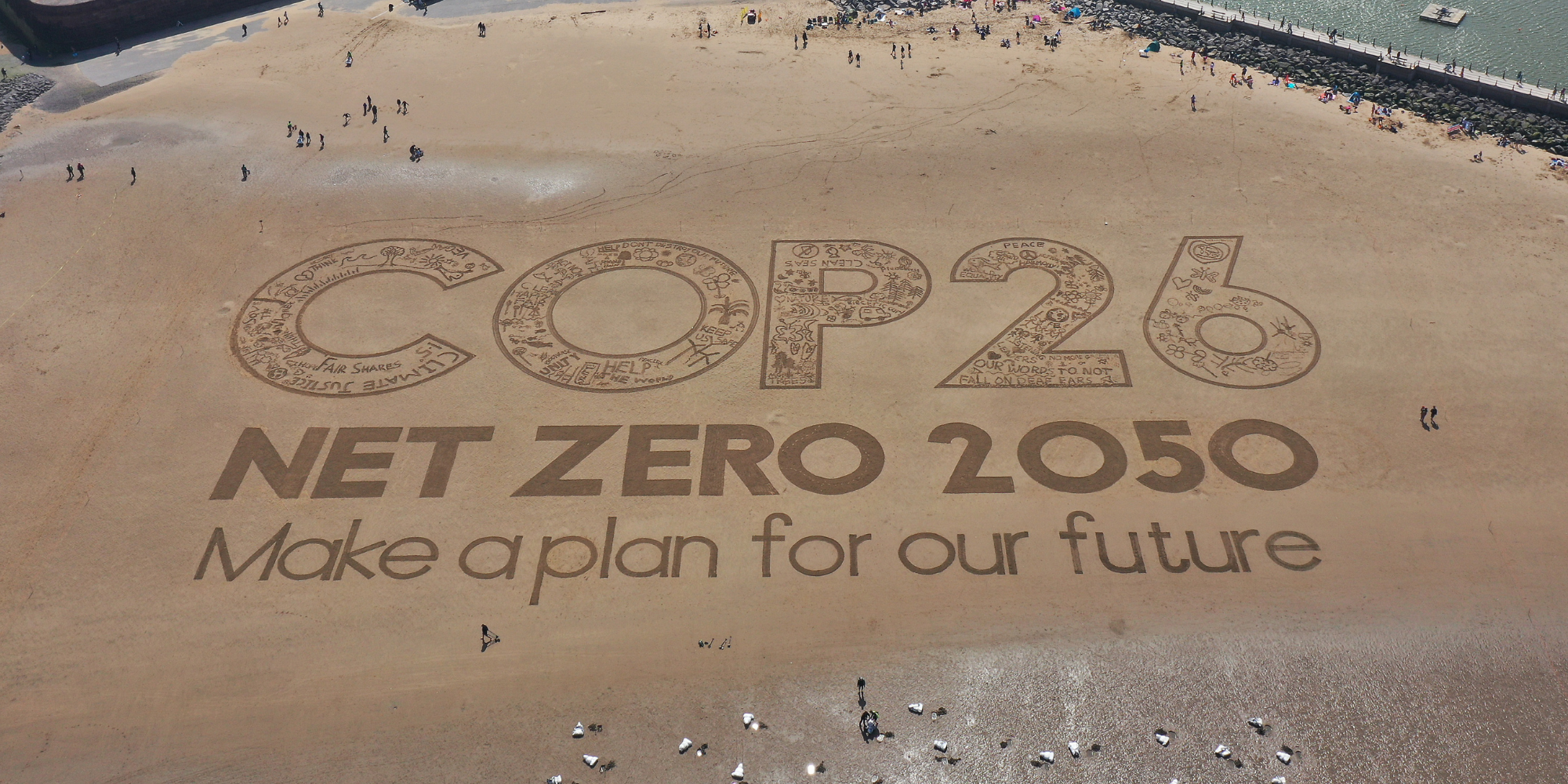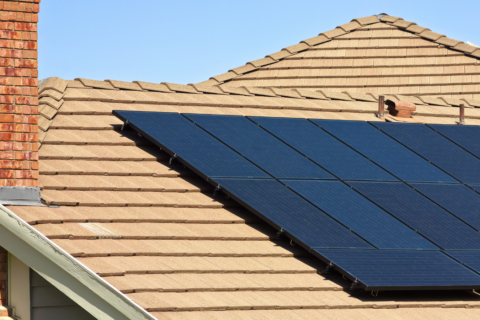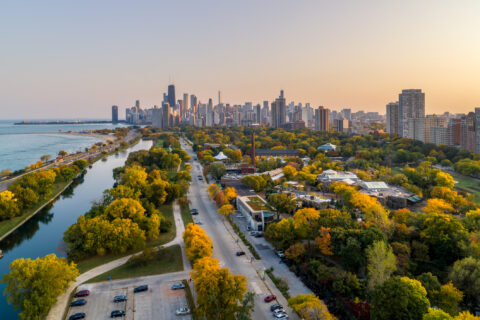No matter what happens at COP26, cities will be bold on climate.
The UN Climate Change Conference, COP26, will begin in Glasgow, Scotland on October 31 and anxiety is building around the world to see what kind of commitments or agreements will be reached. This is especially true in the United States, where all eyes are on the Biden Administration and Congress. In April, President Biden set a target to reduce emissions 50% from 2005 levels by 2030, but that commitment hinges almost entirely on the details related to climate change and resilience policy contained within the infrastructure package and reconciliation budget.
Although COP events take place every year, COP26 is particularly significant because it is the first year since COP21 in Paris in 2015 in which nations are scheduled to report on their progress toward their commitments and update their emissions reduction goals. It is also the first climate conference since the most recent Intergovernmental Panel on Climate Change (IPCC) report was released in August, which declared a “code red for humanity” and found that the link between climate change and human activity was “unequivocal.”
Local governments have an important role to play in fighting the climate crisis. That is why NLC is collaborating with a coalition of groups to represent the interests of local government at COP26, including the U.S. Conference of Mayors, C40 Cities, Climate Mayors, America Is All In, ICLEI, the Carbon Neutral Cities Alliance, Carbon Disclosure Project and more. More than 15 mayors and local leaders will be on the ground in Glasgow to demonstrate local support for climate ambition and reinforce the fact that action will require coordination from all levels of government.
As local leaders sift through the noise to find out what this all means for their communities it is important that they stay focused on what is certain: we need to act with much greater urgency to support the emissions reduction and community resilience strategies that are already proven and available.
All the mayors from the US who are participating in COP26 represent cities that are helping the U.S. reach its 50% emissions reduction goal. This will the second COP for Mayor Bill Peduto of Pittsburgh, PA and Mayor Frank Cownie of Des Moines, IA, as they traveled to Paris with the NLC-supported delegation. Pittsburgh recently raised the bar for local government action on climate by adopting a $41 million climate budget to support its 2030 Action Plan, which will dramatically reduce emissions within city limits and city operations. Des Moines also increased its climate ambition by becoming the first U.S. city to commit to 100% carbon-free energy on a 24/7 basis by 2035.
These and many other local government commitments are being collected through the Cities Race to Zero campaign, which Los Angeles Mayor Eric Garcetti will champion in Glasgow in his role as chair of C40 Cities. Through the campaign, cities of all sizes have signed on to reduce their emissions 50% by 2030. This is not just another long-range pledge though: the Race to Zero also includes dozens of specific commitments for cities to create more inclusive climate action, build green and healthy streets, reduce air pollution, move toward resilient energy systems and achieve other measurable, short-term targets.
Thousands of city leaders have signed their names in support of urgent climate action already. Hundreds of cities have adopted sustainability plans and started to invest in cleaner and more environmentally just communities. COP26 in Glasgow is a time for every national government to assess progress on the commitments they’ve already made and identify specific, short-term opportunities to push further in the next five years. Cities should take the opportunity to join in the spirit of that effort, going beyond long-term goals and finding ways to boldly pursue renewable energy, energy efficiency, low-carbon transportation and sustainable waste management.
Learn More
Want to know how your city can engage in COP26? Visit the NLC COP26 resource center and find out how you can support climate action at the local level.









